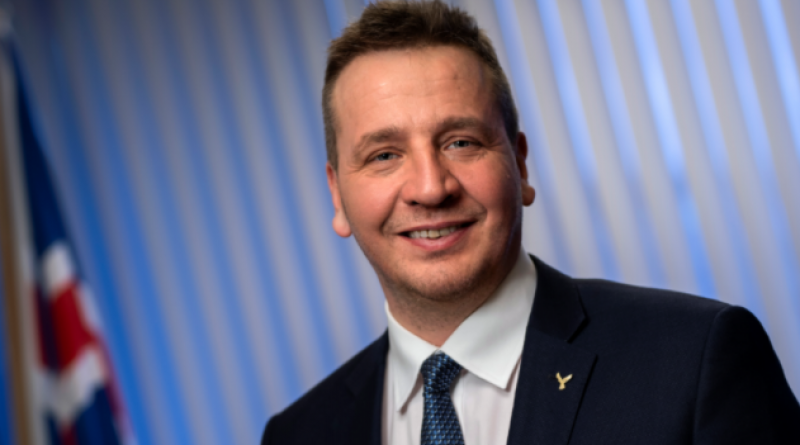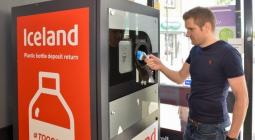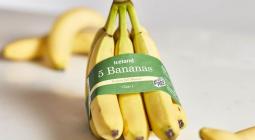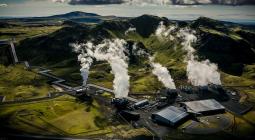Iceland‘s role in a just and inclusive energy transition.

Earlier this year Iceland took on a role as Global Champion for Enabling SDGs through Inclusive, Just Energy Transition for the United Nations High-Level Dialogue on Energy– a role which is very much in line with Iceland´s overall commitment to the clean energy transition, at home and abroad. We believe that the transition to renewable energy is key to achieving the objectives of many if not most of the sustainable development goals.
The theme is focussed on maximizing the positive impacts of an inclusive and just energy transitions on the achievement of the SDGs, including on gender equality, job creation, youth empowerment, agriculture, and food systems.
Iceland has emphasized three key priorities in its advocacy role for the High-Level Dialogue on Energy. First, to make our food systems more sustainable we need sustainable sources of energy. We believe Iceland has the knowledge, experience and green solutions that can contribute to these global challenges and are eager to share this knowledge and experience with others
Iceland has a history of utilizing sustainable energy – especially geothermal energy - in the production, processing, and value addition of food – be it fisheries, aquaculture, or agriculture. Through direct multiple-use we have been able to enhance production and minimize waste in the value chain. This has played a central role in driving domestic economic growth and job creation. Iceland is working with partners such as the World Bank, IRENA, and SEforALL to help drive such transformation in developing countries. And we are committed to continue to do so, including in Small Island Developing States, where job creation in the sustainable blue economy is especially important. The upcoming UN Food Systems Summit provides an opportunity to recognize the critical importance of sustainable food systems for our future.
Second, sustainable energy is a key component of the circular economy. Indeed, to achieve the objectives of the circular economy and shift towards a green economy, the focus cannot only be on innovation and design of products, processes, and materials, but also on sustainability and resource efficiency. This includes that of energy. In Iceland we have learnt how multi-use of material and energy from geothermal developments and waste heat from industry can benefit range of sectors: high technology, food production and processing, industrial processes, and even tourism. We are eager to share this knowledge and experience with others.
Third, Iceland has long promoted the need for advancing gender equality in the transition to sustainable energy. Gender transformative approaches are not only key for women´s empowerment, including through green job creation, but also a critical to achieving sustainable energy for all. In Iceland, like elsewhere; energy has largely been a male-dominated sector. Things are moving in the right direction – especially at the highest political level – but there is still a way to go eliminating gender stereotypes and changing social norms is one factor. By careful planning and implementation of policies, companies have also shown that they can achieve impressive results for gender equality.
Iceland is fully committed to its role as a Global Champion and encourages others to join the effort for a successful High-Level Dialogue on Energy in September, including through ambitious Energy Compacts. The High-Level Dialogue has the potential to positively influence COP26 in Glasgow and to play a key role in achieving the objectives of Agenda 2030.
24 June 2021
Climate Action




